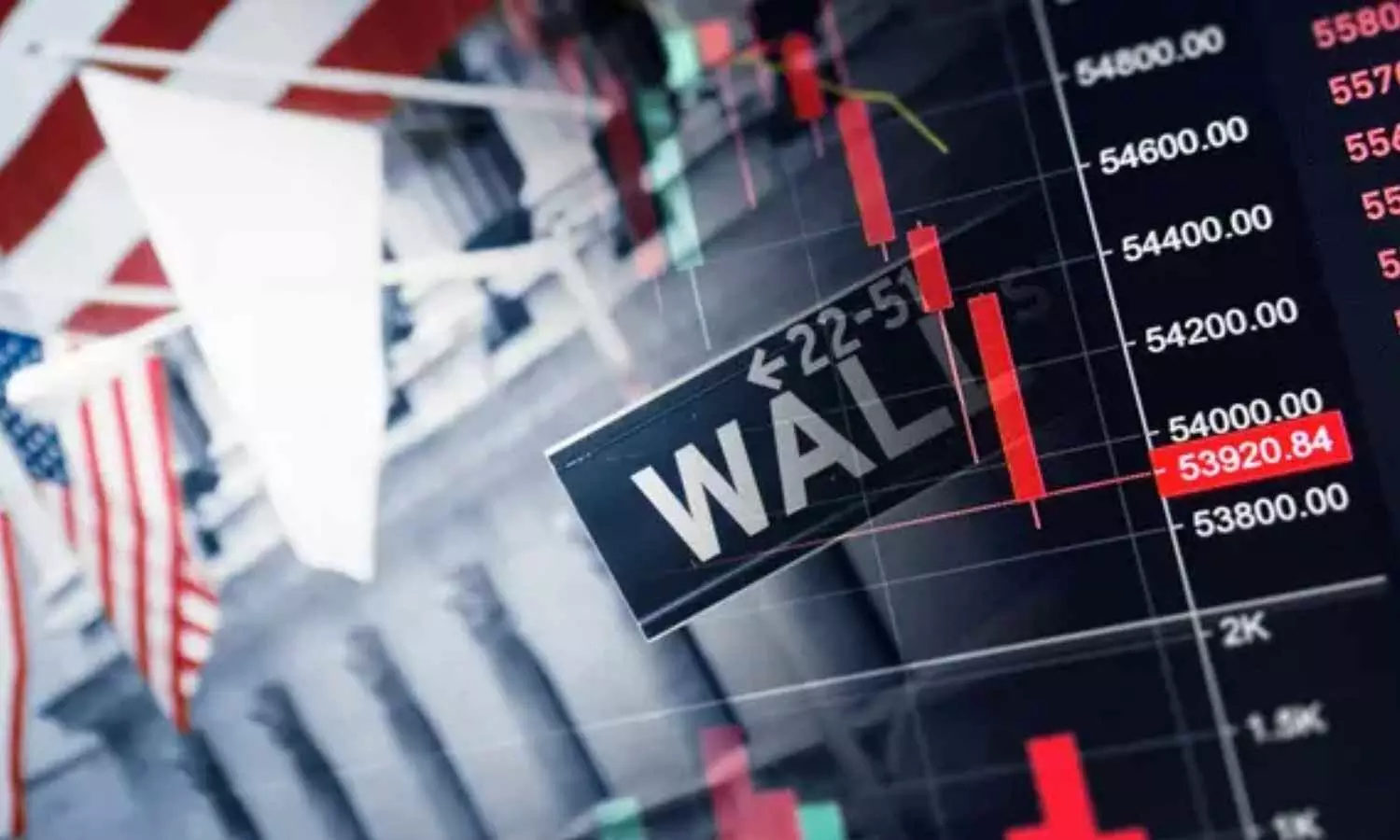How has Trump’s ‘Liberation Day’ Tariffs Fared Against Other Stock Market Crises? All You Need to Know
US President Donald Trump’s retaliatory tariffs have rattled the global equity markets since the onset of Covid-19 pandemic.
How has Trump’s ‘Liberation Day’ Tariffs Fared Against Other Stock Market Crises? All You Need to Know

Drawing parallels with the 1929 Wall Street crash, which thereby led to the Great Depression in the 1930s, Trump’s “liberation day” tariff plan sparked warnings of a global recession from leading economists.
In a nutshell, investors have lost more than $5tn (£4tn) since Trump’s Rose Garden address last week.
Let’s try to analyse the current meltdown with some of history’s biggest crises.
1. 1929 Wall Street Collapse
The Wall Street Collapse of 1929 was primarily driven by speculative buying, which in turn created a bubble in the market, leading to the Great Depression in the 1930s.
The Dow Jones industrial average went down by 11% on “Black Thursday,” on 24 October, which was followed by a 13% fall on Monday and an 11% collapse a day later. The downward trend went on till 1932 where NYSE companies lost 90% of their value
2. 1987 ‘Black Monday’
On 19 October 1987, Dow Jones crashed by 22%, reporting its biggest-ever daily fall. The London market also collapsed, majorly aggravated by the closure of the stock exchange on Friday amid the travel chaos caused by the Great Storm of 1987.
3. Dot-com bubble and 9/11
The rally by fast-growth internet companies drove the FTSE 100 to 6,930.2 on 30 December 1999.
By the early 2000s, dotcom bubble burst and 9/11 terrorist attacks rattled the index back down to a trough of 3,287 by the time coalition forces were gathering to prepare for the invasion of Iraq in 2003.
4. 2008 financial crisis
After Lehman Brothers filed for bankruptcy on 15 September 2008, global equity markets rattled. On this day, the FTSE 100 slumped by 4%, but would go on to shed almost a third of its value in 2008.
5. Covid-19 Pandemic
The forced shutdown during the covid-19 pandemic triggered uncertainty in the market. Global equity indices fell in a matter of hours and days. In fact, FTSE 100 lost more than eight years of gains in barely a month. Since Black Monday, FTSE 100 lost 11%, while the Dow Jones plunged by 13% on March 16.

